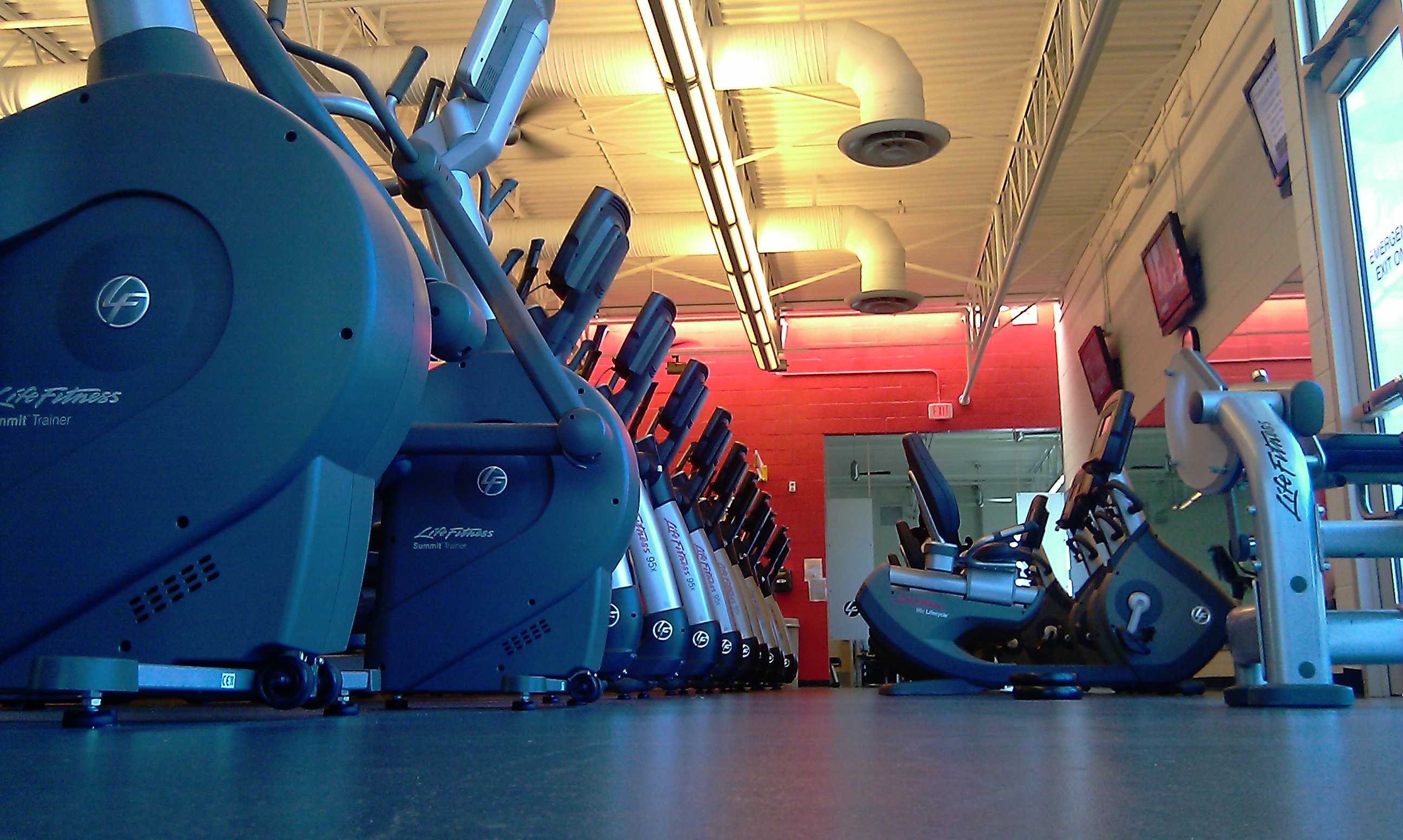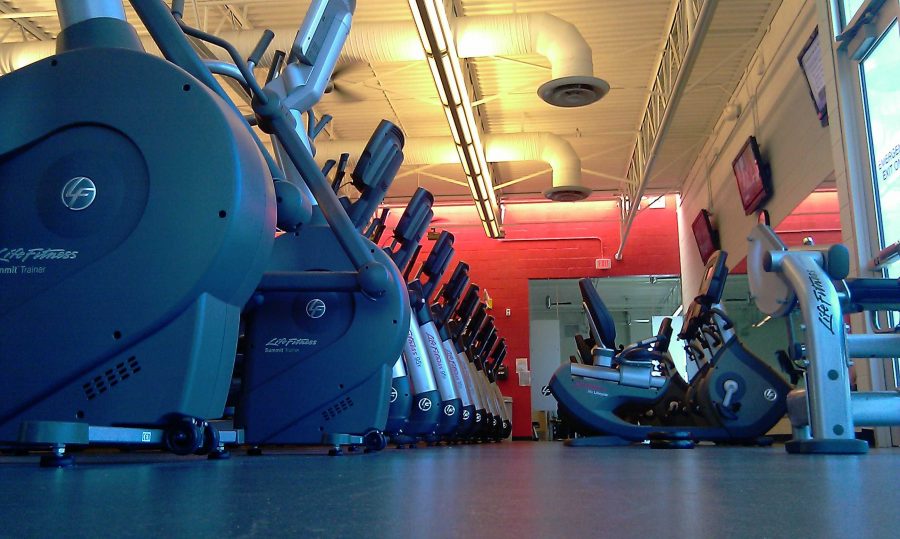It’s the beginning of January and the gym is already as desolate as it was in December. The free weights that were once fought over by new gym members now sit sad and un-used. New Year’s resolutions have already failed. What is it about the start of a new year that motivates us to make positive changes in our lives? Could it be the appeal of starting anew or maybe the convenience of using an excuse to do or start something we’ve always dreamed of doing?
Whatever it is, it’s clear that New Year’s resolutions are not working. If anything, they begin a small spurt of motivation that quickly dies out, leaving individuals unaccomplished, dejected and usually worse off than they were in the first place because of a lack of self esteem.

Why is it so hard for people to keep their resolutions? According to the Journal of Clinical Psychology, over 50 percent of people make resolutions every New Year. Among the most popular are weight loss, quitting smoking, exercise and debt management. These resolutions or commitments to better oneself are essentially forms of cultural procrastination that put off actions we wish to take until the year, a unit of time, resets. We, as students at an academically competitive school like MVHS, may wish to achieve a 4.0 GPA the following year or get involved involved in more school clubs. It is important, however to understand our own individual capabilities before we begin such undertakings.
People make these commitments as a way of motivating themselves, but as psychologist Thomas Pychyl reports, many of these people are not ready to make such drastic changes in their lives. He also reasons that people set unrealistic goals and expectations when they attempt to make resolutions, a habit that can be destructive to their self esteem.
Other resolutions fail when people expect instant change as a result of their effort to improve themselves. When people that go to the gym fail to see their desired results within a short amount of time, they quit altogether, leaving discouraged. If one wishes to be successful in achieving their New Year’s resolutions, they should seek to change their thinking entirely, rewiring their brain in the process.
Neuroscientists have discovered that habitual behavior is created by neural pathways and memories that create a basis for behavior when faced with a choice or decision–like whether or not to go to the gym. True change is a result of long periods of new thinking and cannot be achieved overnight.
That’s not to say New Year’s resolutions are entirely bad. In many cases, the additional push for one to set goals for themselves can be extremely productive and can lead to lasting, lifelong change. Those who usually achieve the goals that they set for themselves, however, tend to put a lot of thought into the goal itself. They set specific plans of action before the new year even begins. They mentally prepare themselves to make the sacrifices that their commitment to better themselves will require. They understand that if they want to follow through with their resolution, they must take it each day at a time and persist in the face of small or large failures.
And they also must make sure to pursue realistic goals rather than half-baked delusions. If I’m just learning how to swim, I shouldn’t set my eyes on achieving Olympic trial times just yet.
What is more powerful than small spurts of motivation that quickly die out is discipline that is hard earned and leads to lasting action. Outward change cannot occur without a truly internal one that is far more profound than the simple renewed feeling one may receive with the passing of the year.





